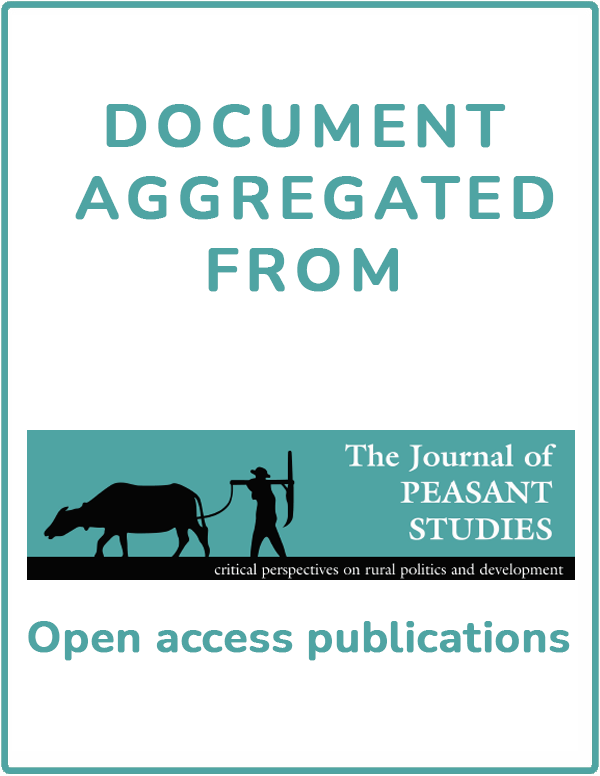Urban Green Space Composition and Configuration in Functional Land Use Areas in Addis Ababa, Ethiopia, and Their Relationship with Urban Form
This study aimed to assess the compositions and configurations of the urban green spaces (UGS) in urban functional land use areas in Addis Ababa, Ethiopia. The UGS data were extracted from Landsat 8 (OLI/TIRS) imagery and examined along with ancillary data. The results showed that the high-density mixed residence, medium-density mixed residence, and low-density mixed residence areas contained 16.7%, 8.7%, and 42.6% of the UGS, respectively, and together occupied 67.5% of the total UGS in the study area.



